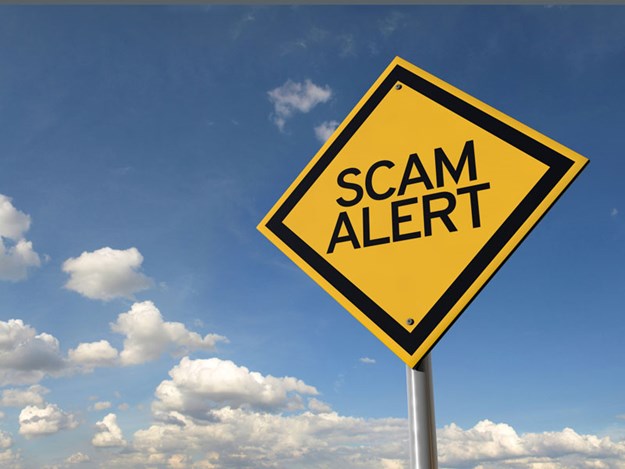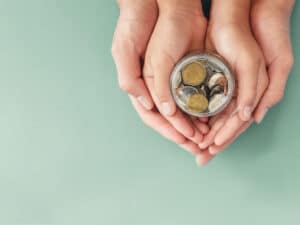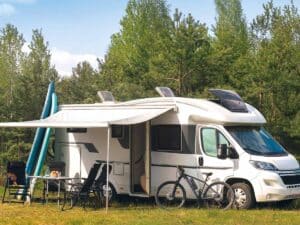MCD has seen several incidences recently of buyers being scammed out of significant amounts of cash, thinking they were making a genuine RV purchase. Buyers find a great offer on a website and, after communicating with the ‘seller’ and being convinced the deal is genuine, they transfer a deposit, after which the seller is never heard from again.

Scammers go to great lengths to create an elaborate story explaining why the RV is cheap, and why it can’t be viewed in person - e.g. the sale is urgent, the RV is located at the other end of the country, the owner is an older family member who is unwell, the owner is overseas, etc.
Generally, the scammer can’t be contacted by phone but will communicate with the buyer via email. The vehicle listed is often a ‘phantom’, with imagery and details taken from another website. We want to remind potential buyers not to give out personal details by email, and to be wary of motorhomes and caravans advertised at unusually low prices.
Hoax, counterfeit, bogus and stolen vehicles and items often appear like the real deal. It is essential to read the description carefully and ask questions. It is common for fraudsters to ask for contact via another email address and seek payment for goods by non-traceable means. Always ask questions: is there a warranty, receipt, etc?
Trade safely — recommended payment methods

Some payment options offer more protection than others, so be sure to select an approach that makes you feel comfortable. If you are not satisfied with the payment mechanism, walk away from the deal.
Payment options include:
- Pay on pick-up - a good choice for higher-value goods and local buying. You’ll be able to inspect the goods to ensure they are as advertised.
- Bank cheque - recommended if agreeable to the seller. You give or send the seller a bank cheque to pay for the item. Most banks will allow you to cancel a cheque before it is cashed if a problem arises.
- Internet bank payment - deposit the fee directly into the seller’s bank account through internet banking. You have the seller’s bank account number, which is, of course, traceable. Do not put any monies into non-New Zealand bank accounts.
- Credit card - you can benefit from your credit card’s protection clauses. However, we suggest you find out the detail of the protection from your credit-card issuer.
Remember, it is essential for you to trust the seller - and be sure the vehicle is genuine - before parting with any money, even a small deposit.
For more information:
- netsafe.org.nz
- consumerprotection.govt.nz/general-help/scamwatch
- police.govt.nz/advice/email-and-internet-safety/internet-scams-spam-and-fraud
- consumer.org.nz/articles/scams





